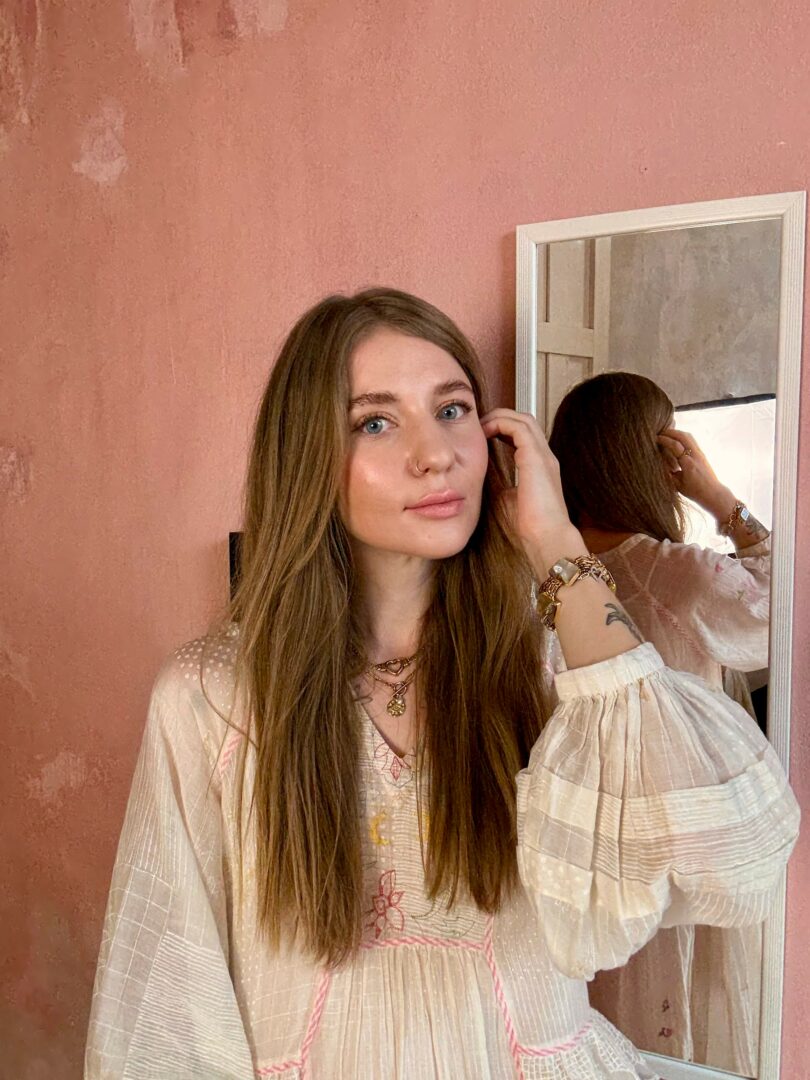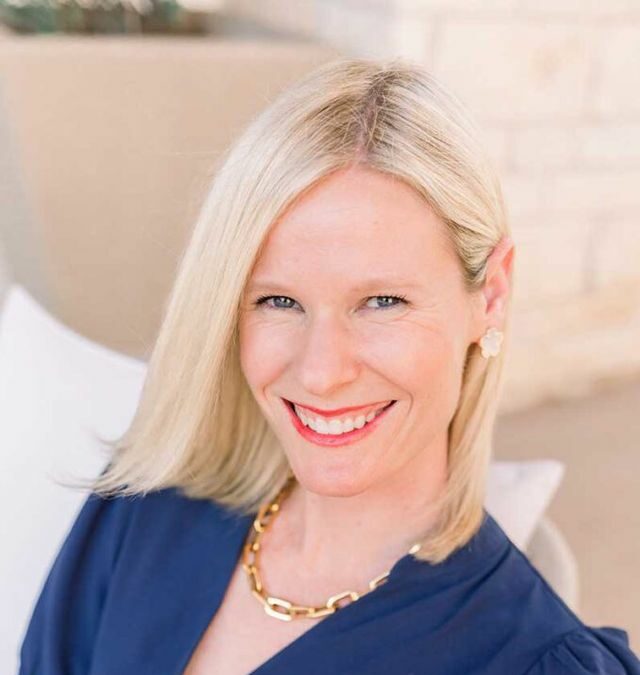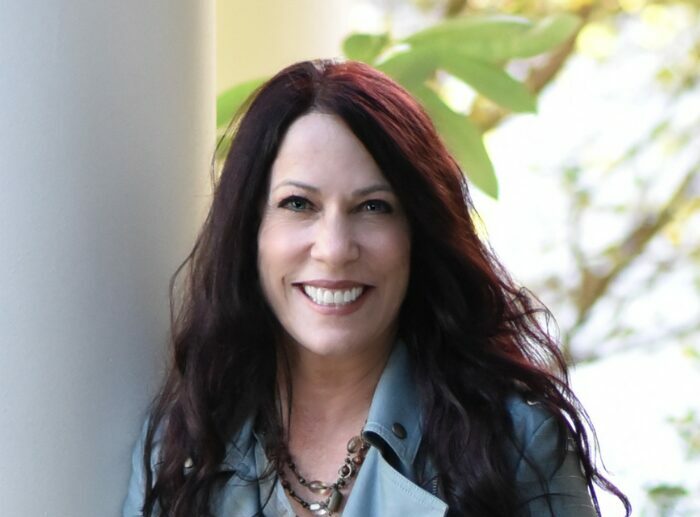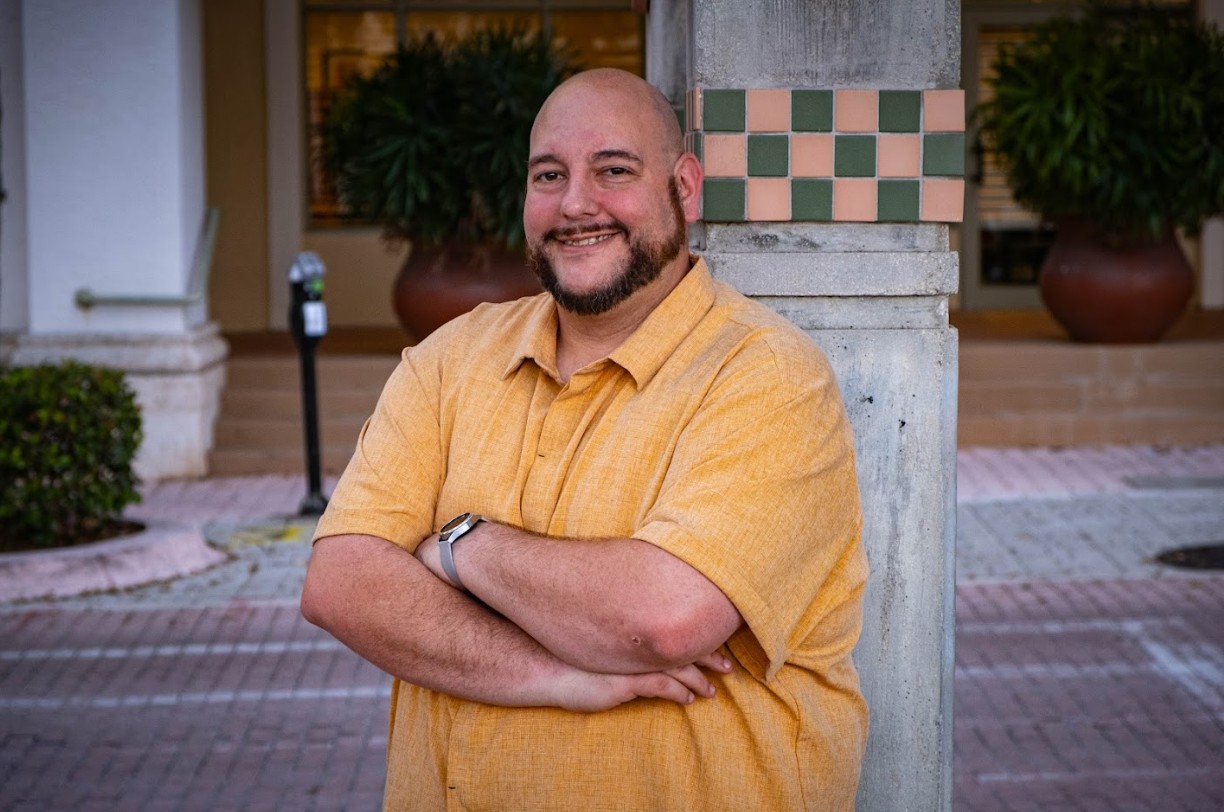Alright – so today we’ve got the honor of introducing you to Ewa Tamar Lewandowska. We think you’ll enjoy our conversation, we’ve shared it below.
Ewa Tamar, thank you so much for making time for us today. We’re excited to discuss a handful of topics with you, but perhaps the most important one is around decision making. The ability to make decisions is a key requirement for anyone who wants to make a difference and so we’d love to hear about how you developed your decision-making skills.
I am actually quite passionate (obsessed?) about this topic. I think many of us, and especially high-achieving women, experience overthinking and analysis paralysis.
It’s something I personally struggled with: the kind of overthinking and decision paralysis that keeps you awake at night, pushes you to pick apart various options over long calls with friends, and leads to hiring coaches, experts, or even an astrologer or psychic.
All the research and support have value, but the problem is that, at the end of the day, nobody can give us certainty.
For me, the biggest shift came from sitting with the reality of that risk. There is always uncertainty when choosing something, and leaving something else behind.
In particular, a few things transformed my decision-making:
Timeboxing: limiting my research and analysis. I’m a researcher and strategist, so I’m naturally analytical. But it’s easy to reach the point of diminishing returns and turn insight into noise and exhaustion.
Permission to fail: many of us have extremely high standards and lack self-compassion. Moving from “this has to work” to “I’ll give it a try” makes it much easier to actually move forward. I like to tell myself, “I made the best possible choice for me with the information available.” But I accept I won’t always get it right.
Tuning into desire beyond rationality: I think many people forget this. The “right” decision for a person does not have to be the most rational one. It can be one that brings us closer to a dream or desire… which doesn’t have to make sense to anyone else! Many “crazy,” “irrational,” (on paper) bad decisions lead us toward the boldest, biggest dream life.
Connecting with somatic intelligence: As I mentioned, for high-achievers there is often an illusion that we just need more information to make a decision. It’s also exactly the kind of person who tends to be disconnected from their body and intuition, not thinking about the body as a source of wisdom. I would know, because I was one of them. My biggest transformation, when it comes to decision-making, was realizing that I’m not just this floating analytical mind, but an embodied being. Especially working with somatic movement helped me to actually feel into what I want to do.
Ultimately, I believe that the reasons why decision-making is so difficult for many ambitious, capable people are systemic. Many people spend upwards of 40 hours per week in jobs not aligned with their values, where they are expected to act against their own intuition and sense of right and wrong, a total cognitive dissonance. No wonder they are confused! It becomes second nature to push down true desires and “be practical.” The tragedy is that being overly practical leads us to orient our lives toward achievements we were not even excited about in the first place. That’s the fast-track to that unsettling emptiness many “successful” people feel today. An obedient, “lukewarm” life…
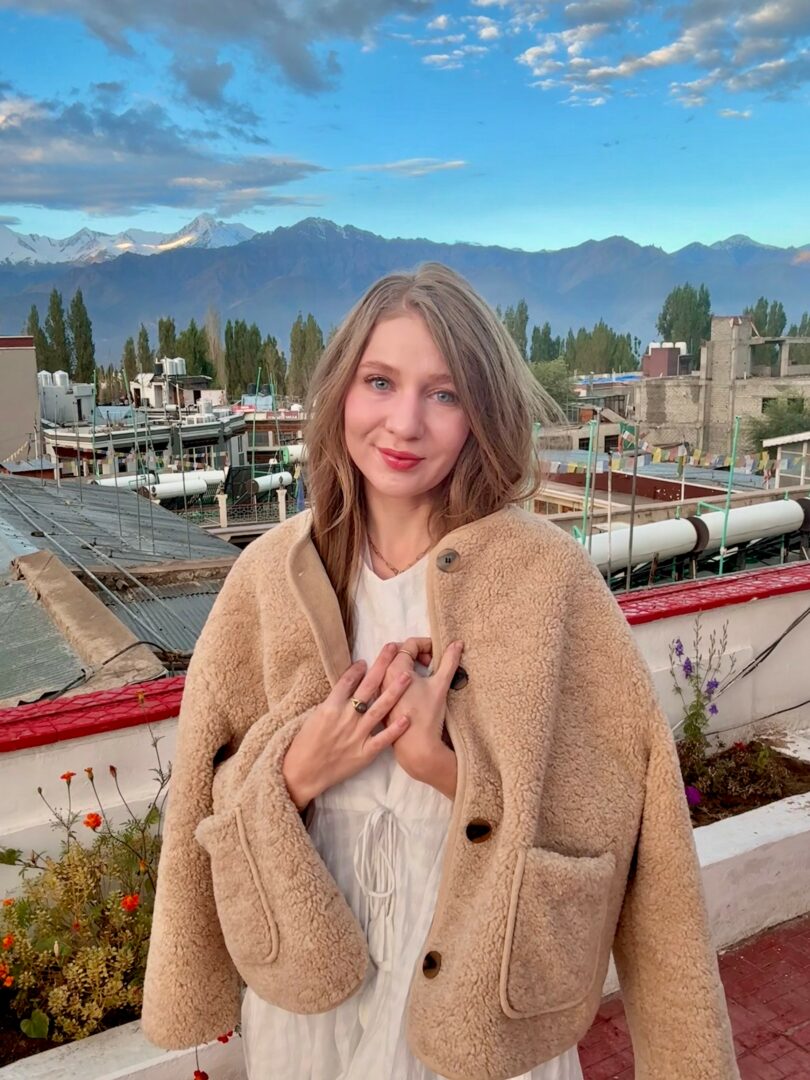
Thanks for sharing that. So, before we get any further into our conversation, can you tell our readers a bit about yourself and what you’re working on?
To put it in context, in the last 18 months I pretty much redesigned my entire life!
I’ve had a great career in tech, but I’ve been working remotely for more than 12 years, and my work happened exclusively in front of the screen. I realized I couldn’t imagine spending 30 more years in that way and I started exploring on the side, studying philosophy, art, movement, and neuroscience. At the same time, I paid close attention to the increasing pressure and disconnect experienced by people around me.
Thanks to my studies I had a critical toolkit to understand more about systemic forces behind it. This was my final impulse to make a change.
Currently, my work revolves around two aspects. The first one is my PhD academic research, which focuses on the impact of increasing automation on our contemporary meaning crisis. As we know, so-called “knowledge workers” – highly educated high achievers in corporate and tech – are profoundly impacted by AI. I see this impact going beyond just job insecurity. Over the last decades, we’ve seen companies encourage workers to become deeply committed to corporate missions, causing their work identity to become entangled with their personal identity. So when careers are threatened, the crisis is not just “how can I get another job?”, it’s “who am I, and what is my value?” in the face of automation.
My research directly led me to my second project, Absolute Now (link: (link: absolutenow.co).
You might have heard of “FOBO,” the fear of becoming obsolete as more tasks are automated. This fascinated me: how can it be that people with feelings, emotions, bodies, think of themselves as replaceable by essentially lines of code? It has a lot to do with disconnect from the body, seeing ourselves as “floating brains,” thinking machines, and dramatically over-identifying with the mind.
Absolute Now is a somatic practice studio for overthinkers, high-achievers approaching burnout, and anyone tired of the constant pressure to optimize and perform.
I teach Himalayan Kriya, an ancient somatic practice originating from raja yoga deep in the Himalayas. What makes it more current than ever today is how many people want to feel more balanced, try and fail to meditate, and feel defeated. This makes kriya hyper-relevant: I think of it as meditation for the ADHD, doomscrolling generation. We use dynamic movement, tapping, breath, and mantras to clear out anxiety, restlessness and agitation, improving mind-body connection and stimulating the neuromuscular system. By the time we end the session with meditation, people actually feel ready for it. I also draw from breathwork, yin-inspired modalities, and weave in my philosophy training. For myself, and many who practice with me, this has been a life-changing way back to embodiment, intentional presence, and creative clarity.
Looking ahead, I am excited to keep growing both facets of this work. I will be writing and speaking more about the meaning crisis in the age of AI and how we might change course and imagine alternative futures. I am also continuing to evolve Absolute Now, from online classes and one-to-one work, to new masterclasses, and soon, in-person experiences in Mexico and beyond.
You can find upcoming online classes and workshops at absolutenow.co, or visit ewatamar.com to explore my research. My Substack (link: ewatamar.substack.com) is another good place to keep up with what I am working on. Members get a reading list with books that shaped my thinking.
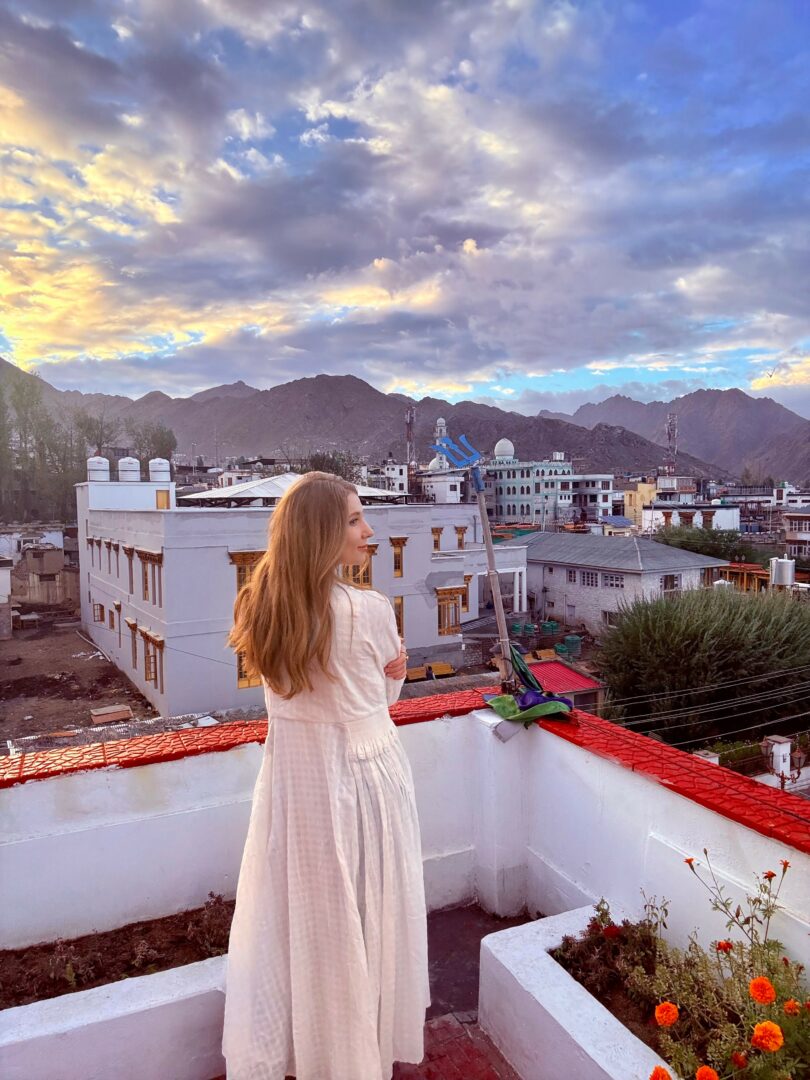
Looking back, what do you think were the three qualities, skills, or areas of knowledge that were most impactful in your journey? What advice do you have for folks who are early in their journey in terms of how they can best develop or improve on these?
Number one, for me, and especially relevant for people early on, is realizing that any limitation is a skill that can be worked on. Once you start, it will never be as hard as it was at the very beginning. Years ago, I failed an undergraduate course three times because I couldn’t give a 10-minute presentation in front of 20 students. I simply couldn’t force myself to show up to class. Eventually, I had to push through the fear or I wouldn’t graduate. And today, I’m a speaker! It is the same with any other business or skill. For instance, I also overcame my reservations about sharing my writing online. Now I am working on becoming more comfortable with Reels. The secret is that the more you show up, the less any one mistake matters.
Number two was rethinking my understanding of creativity and “vision,” and practicing what it means to truly embody them. “Visionary” is a fascinating word. It can mean “a person thinking about or planning the future with imagination or wisdom,” or “a person with original ideas about what the future will or could be like.” But it can also mean “existing only in a vision or in the imagination.”
Here is why this is important. In the past, I would get discouraged or uncertain about some goals or ideas because I couldn’t find any similar examples out in the world. I felt my approach was original or innovative, but at the same time, I wanted to be reassured by seeing others already doing it. It was a contradiction.
I realized that a truly visionary, creative mindset involves the courage to imagine what does not yet exist. Of course you cannot see other people doing it, you are a visionary! Many people struggle to embrace this, partly because we have such a flattened view of creativity, a shorthand for painting or writing something. But to be creative is to bring into existence something that wasn’t there before, based on a vision.
Lastly, I have to highlight the importance of developing systemic and political awareness. I come from a family of educators, and for a long time I was very hooked on the idea that success is strictly merit-based, sometimes to the point of being naive. Only when I started my career in London as a wide-eyed 22-year-old graduate did I start to understand that my CV might land at the bottom of the pile simply because the recruiter couldn’t pronounce my name, or that someone with generational wealth could land a coveted role through family connections without even applying.
Later, I became more aware of oppression and exploitation perpetuated by many corporations and the tech industry, for example aggressive drinking water siphoning by data centers. So it is about how to situate oneself among these forces: being able to recognize one’s own oppression or systemic disadvantages, and also noticing where we may, even unintentionally, contribute to harm and have an opportunity to limit it. It made all of my work more intentional and purposeful.
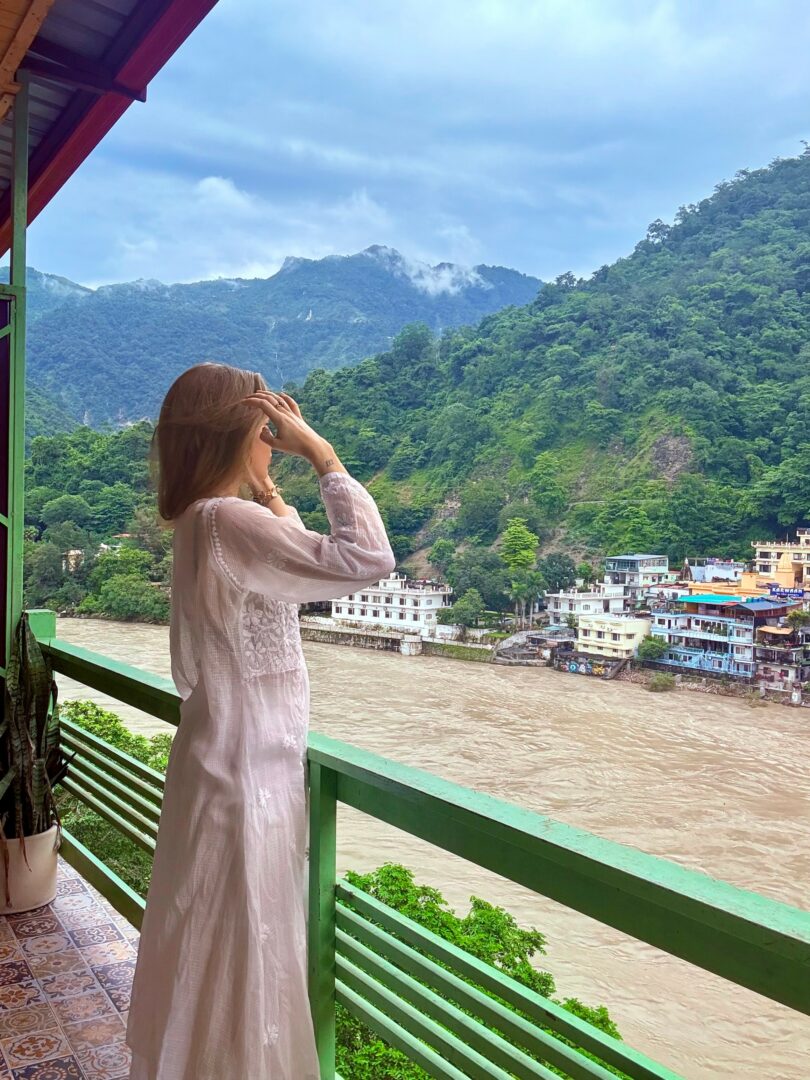
Looking back over the past 12 months or so, what do you think has been your biggest area of improvement or growth?
When I left my startup director role 18 months ago, I knew I wanted to launch something on my own in addition to starting a PhD program, but the details were blurry. So, when various contacts approached me to partner on projects, I ended up saying yes because I saw potential or respected the people. And it was anything from a startup consultancy in Silicon Valley, or a local creative network, to leading an MBA program, to developing an organic farm in Costa Rica. None of it really worked out, and it’s been a blessing in disguise.
Reflecting back, in the most extreme case I’d look up to a person for their expertise, thinking I could never launch such a project without them, only to find them passive, while I carried the burden behind the scenes.
I had to question why I needed to repeat this lesson several times, and it brought important insights about how I still have a tendency to hide, to see myself as a strategist or “behind the scenes” person, while someone else is the face of the project. I thought, “this must work out because X or Y are involved, and they are the real expert.”
It was disheartening, but an invaluable lesson in the end. It led me to fully commit to leading my next project on my own, and not over-collaborating until I realize my own vision.
What I’ve learned is that searching for safety in collaborations can actually hold you back from the growth that comes with risk and self-trust. Growth often requires being willing to get it wrong in public, but also gives you the satisfaction of building something that is truly yours.
Contact Info:
- Website: http://absolutenow.co
- Instagram: http://instagram.com/absolutenow.co
- Linkedin: https://www.linkedin.com/in/ewa-lewandowska/
- Other: Substack: ewatamar.substack.com
Research/speaking website: ewatamar.com

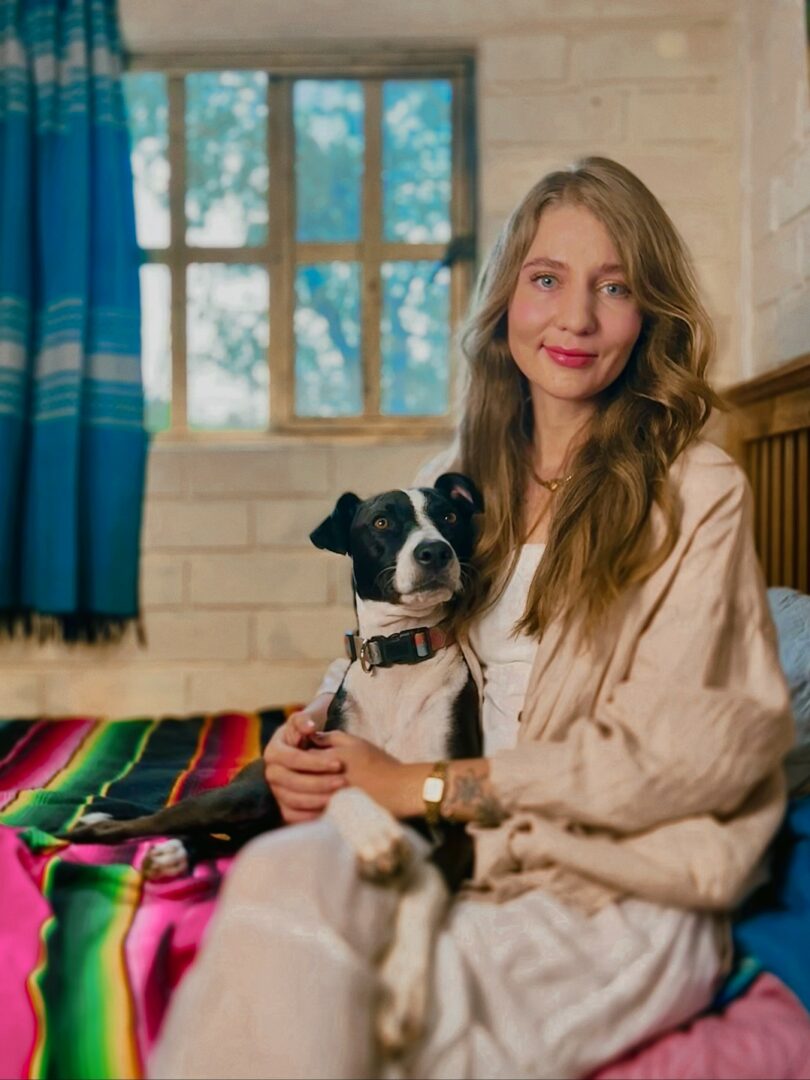
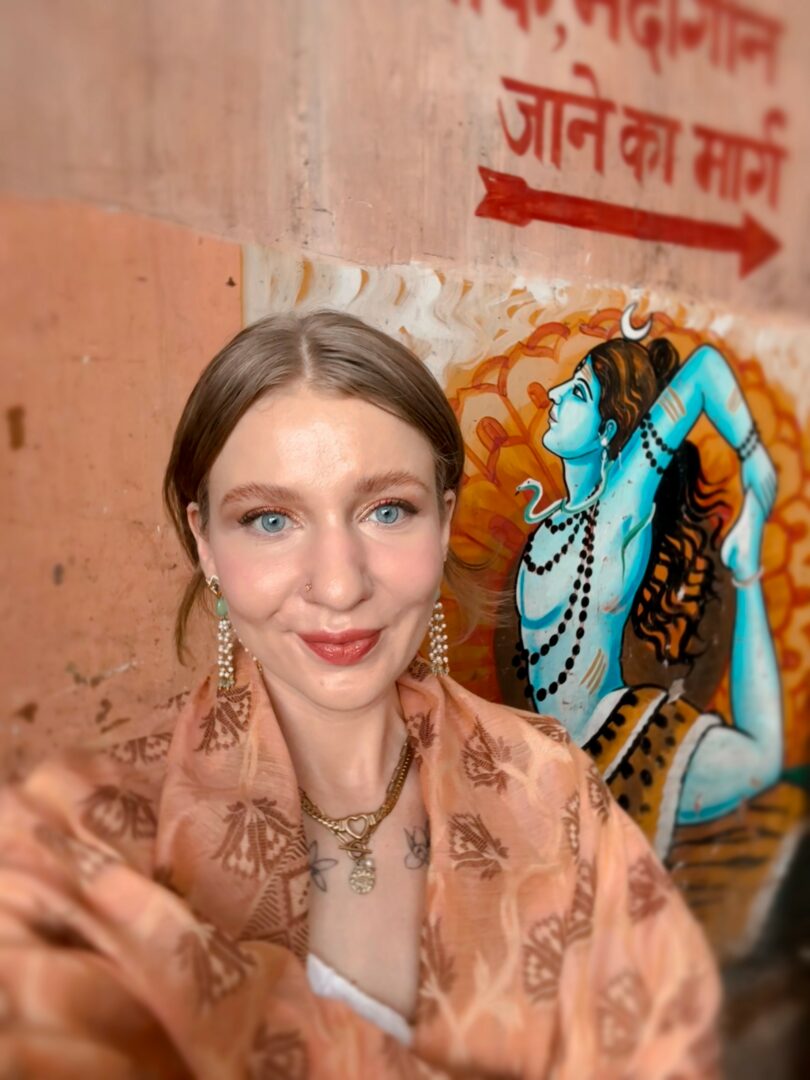
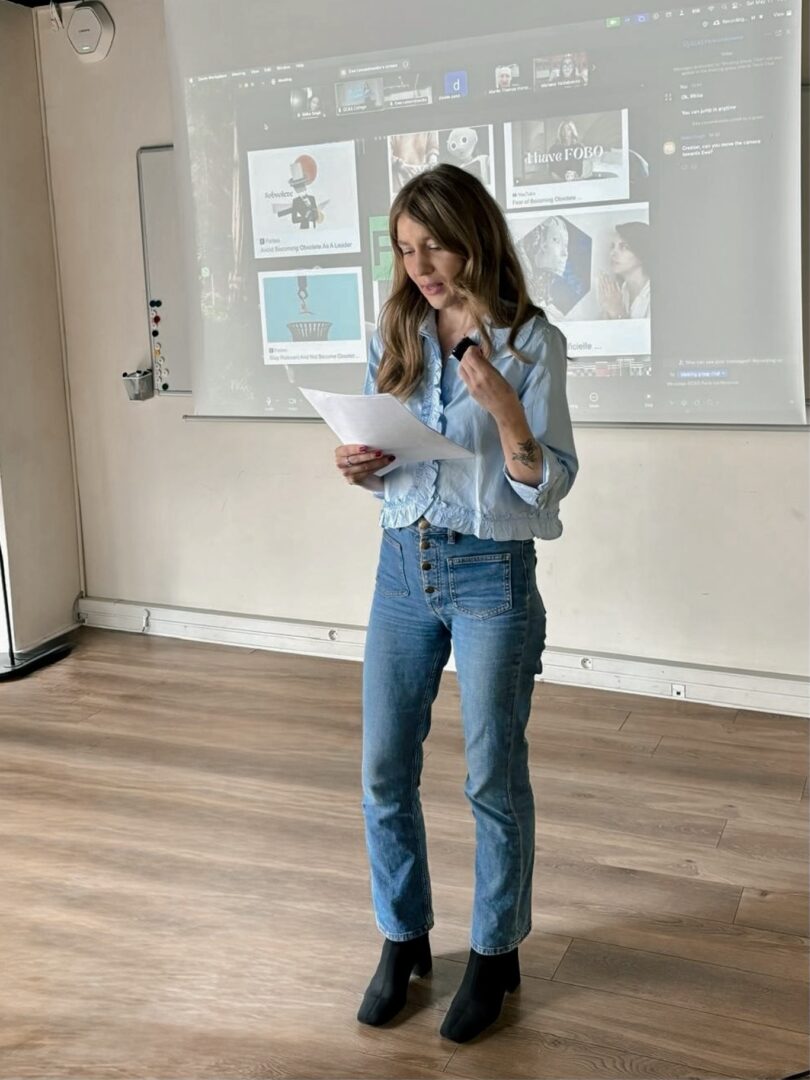
Image Credits
Ewa Tamar Lewandowska
so if you or someone you know deserves recognition please let us know here.

